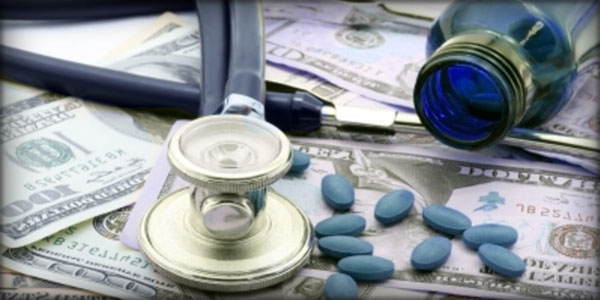Owing huge medical debts is not uncommon, especially when medical costs are soaring day by day. Emergencies can come up any time and you might end up owing a huge medical bill that you are unable to pay off. Often hospitals and clinics sell off their delinquent accounts to medical debt collectors before the completion of the traditional 150 day period. This is where the major trouble comes for the consumers when they get harassed by debt collectors every day.
Why is Medical Debt included in FDCPA?
Are you facing a similar plight and do not know how to deal with the debt collectors? If your answer is yes, then you should know that medical debt, like any other consumer debt, is covered by the Fair Debt Collection Practices Act (FDCPA) and your debt collectors must abide by this law while collecting on medical debts.
Medical debt is included in the FDCPA because medical debt is a consumer's obligation to pay money has been incurred by the rendering of a service by a medical professional. Also, the term "debt" in the rule clearly mentions that overdue obligations such as medical bills payable in full within a certain period are also included in the rule.
Since medical debt collectors are covered by the FDCPA, you are entitled to take legal action against any medical debt collector that violates the FDCPA guidelines on a debt collector's conduct. You can sue the debt collector in any state or federal court; if you win the lawsuit, the debt collector will be fined $1000 per violation.
Harassment caused by delinquent medical bills can be avoided if you act quickly and educate yourself about your responsibilities to your creditors. Sometimes your insurance company will fail or refuse to pay a bill, and leave you responsible for the entire debt. Therefore, you should monitor your medical expenses and make sure that the insurance company pays the provider on time so your accounts do not become delinquent.
How to dispute Medical Debts?
You can dispute Medical debts like any other consumer debt account reported to the credit bureaus. If you find any invalid medical debt listed on your credit report, then you should notify the credit bureaus and get it rectified.
You should be careful with your medical bills from the very beginning so you can avoid unpleasant and unnecessary problems. Whenever you get a medical bill or any other document related to the medical services you used, you should take a thorough look at it to check if there are any discrepancies in the bill. Carefully tally all the items on the list and what you were charged for each item in order to ensure that the billing was correct. If you find any errors on the bill, inform your medical provider authorities and get the bill corrected.









